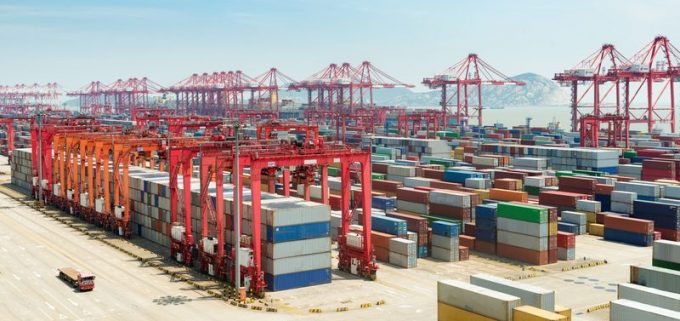Tariffs and de minimis set air freight rates on a volatile course
Airfreight rates are climbing as shippers rush to move goods before a potential trade war ...

Those seeking leadership on decarbonisation from the International Maritime Organization, the first session of MEPC 80 yesterday offered scant reassurance.
While on land, China may have smashed through its self-imposed target of 1200GW of renewable energy and 25% non-fossil energy five years early, the country appears to be standing in the way of a global GHG-emission levy.
It claims it would be unfair to developing countries.
Arguments against a carbon levy were explored at the 15th intersessional working group on greenhouse gases last ...
Maersk u-turn as port congestion increases across Northern Europe
Apple logistics chief Gal Dayan quits to join forwarding group
Maersk Air Cargo sees volumes fall as it aims for 'margin in favour of revenue'
Airlines slash freighter capacity post-de minimis, but 'the worst is yet to come'
Houthis tell Trump they will end attacks on Red Sea shipping
Transpac rates hold firm as capacity is diverted to Asia-Europe lanes
MSC revamps east-west network as alliance strategies on blanking vary
India-Pakistan 'tit-for-tat' cargo ban sparks sudden supply chain shocks


Comment on this article